Plastics has been a revolutionary good product in many areas, but equally bad when it pollutes both our nature and our human body.
Today, microplastics are found pretty much everywhere on our planet. In the air, in our food, in our bodies, in the sea.
The degradation process takes different lengths of time for different plastics – it takes 600 years for a fishing line to degrade, 450 years for a PET bottle and between 10 and 400 years for a plastic bag. But different chemicals are also released into the water during the degradation process, slightly differently depending on the type of plastic.
The problems of plastic in the ocean are many, not just one.
Below we’ve collected articles and reports we’ve done that are in some way related to plastics in the sea.
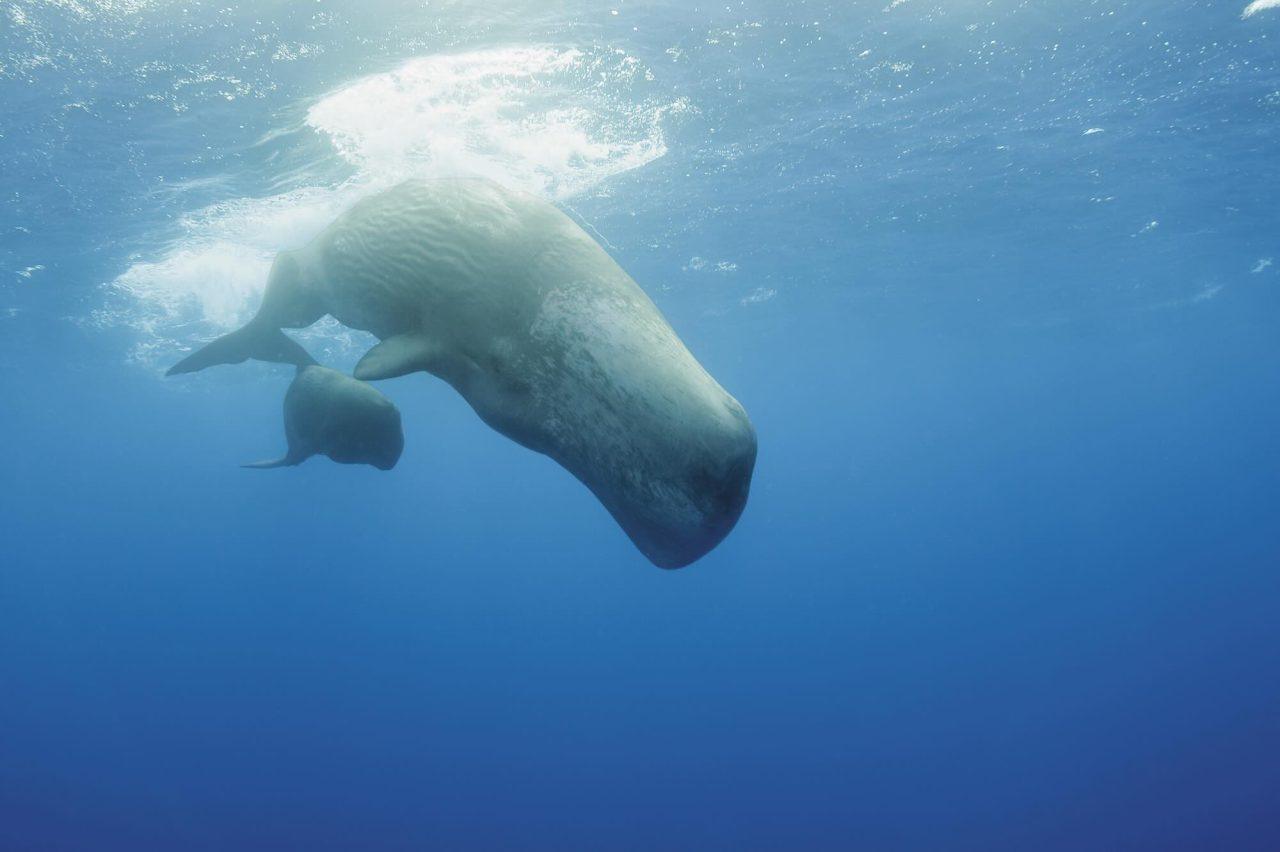
Deep-diving whales use echolocation in the darkness of the deep sea to hunt, but when the sea is full of plastic, this ability can kill them.
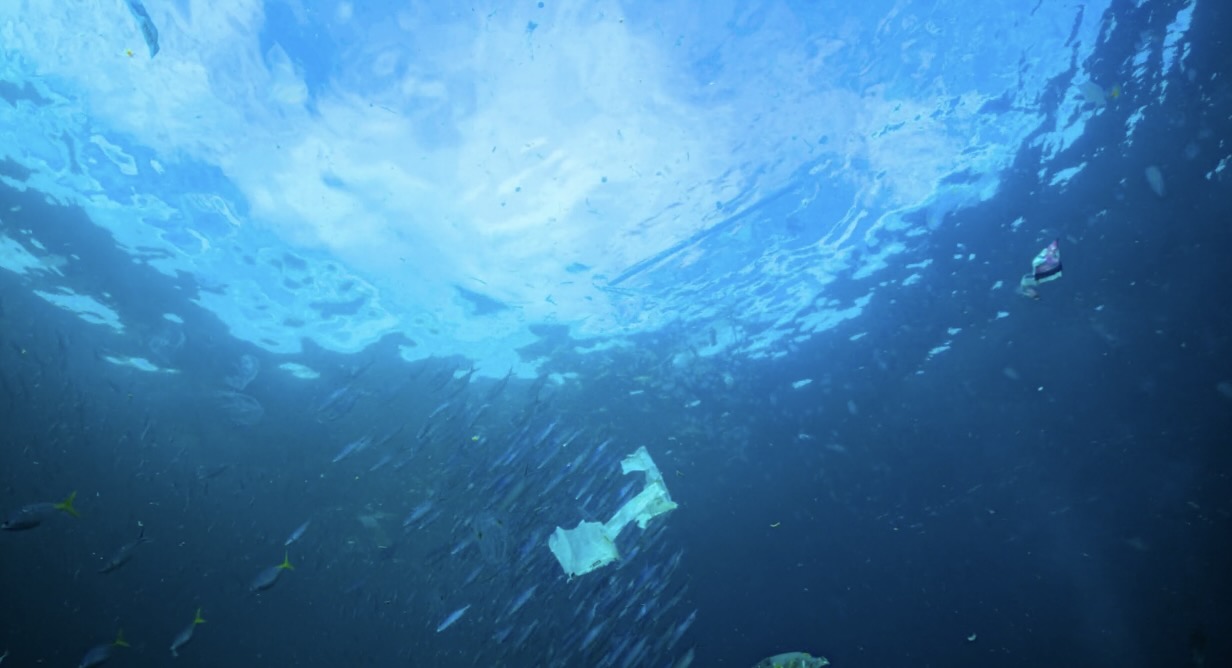
They have just arrived in what they believe and hope is paradise. Raja Ampat is located in the centre of what is known as the ‘coral triangle’, which stretches from the Philippines down to Malaysia, Indonesia and over to East Timor.
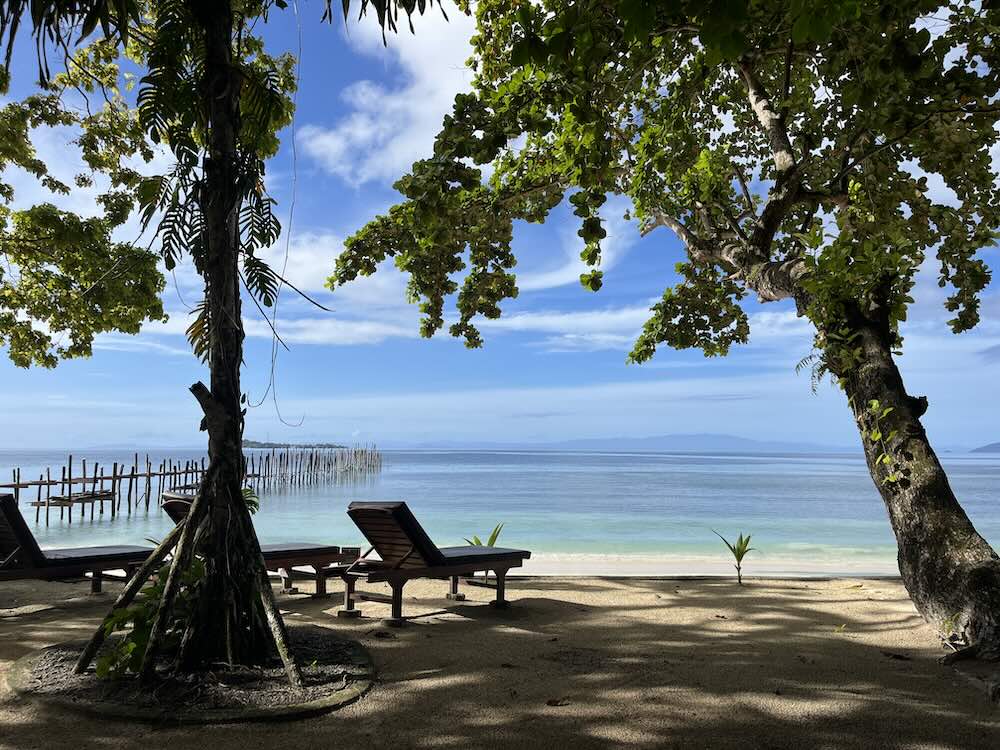
The island paradise of Raja Ampat is one of the last outposts of the Indonesian archipelago. A remote group of islands with lush white beaches surrounded by turquoise waters, a unique place characterised by its biodiversity. But even here, nature is not left alone by the human footprint. The increasing amount of rubbish in the water is becoming a growing problem with multiple bottoms.
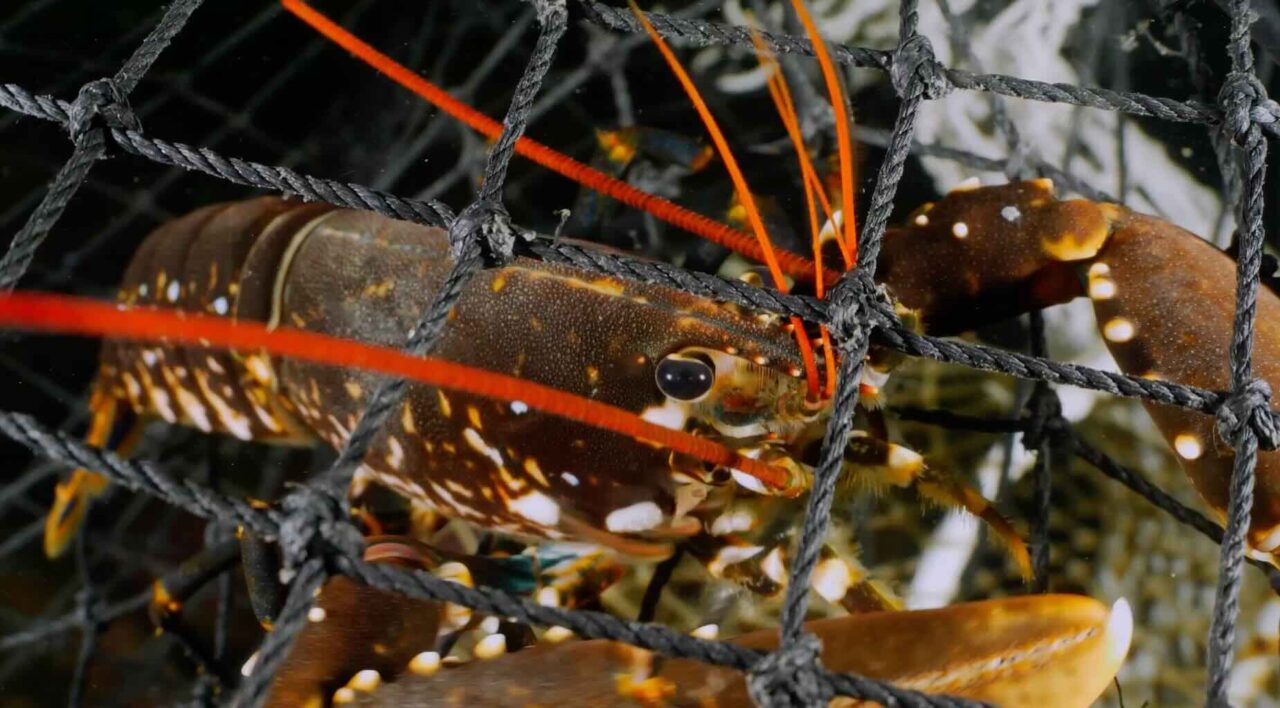
At 7 o'clock in the morning on the first Monday after 20 September, it's lobster premiere in Sweden - every year. A festive moment for many people on the Swedish West coast. Hotels and restaurants set up special lobster buffets and lobster supés.
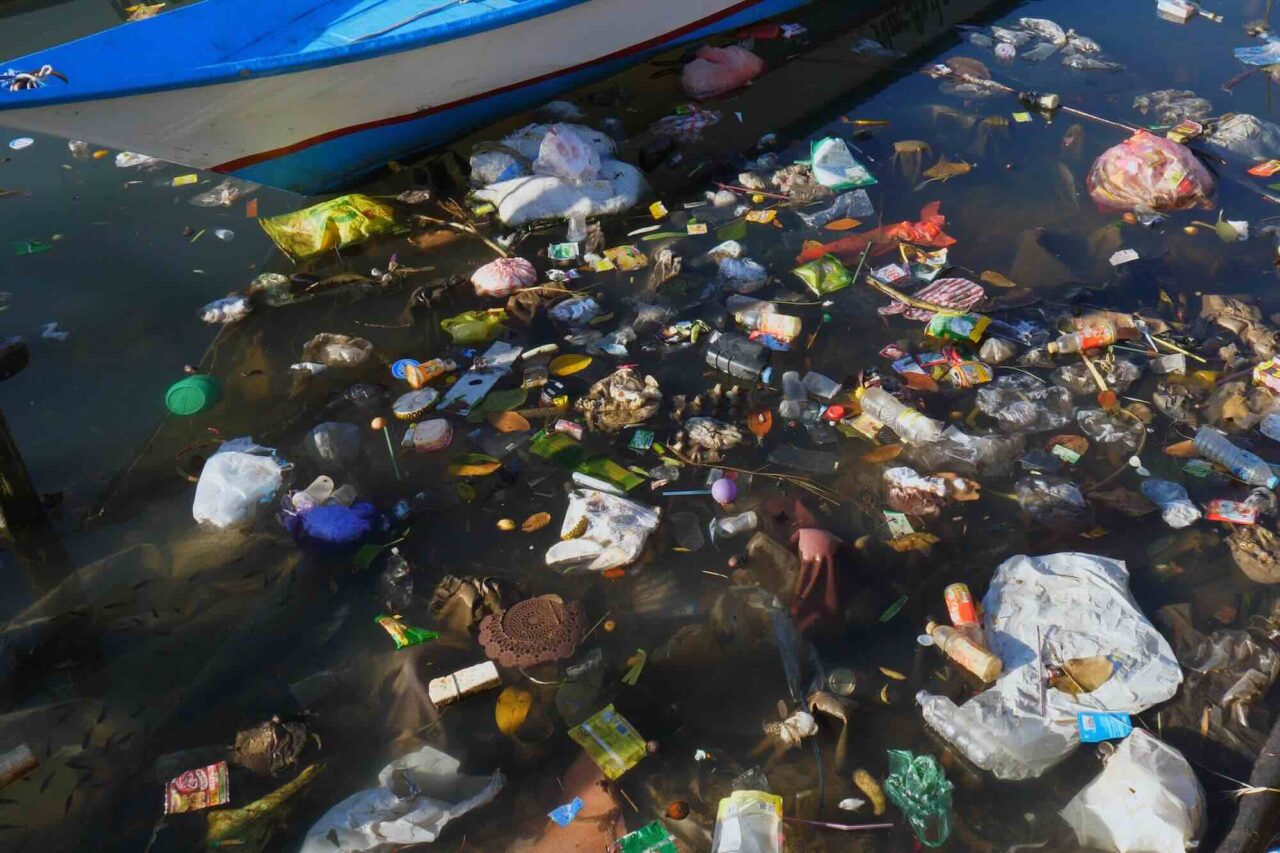
They are everywhere, in the sea and on land, in animals and plants and in the human body. Twenty years since the term ‘microplastics’ was defined in a scientific paper; the prestigious publication Science has taken on the task of examining where we are today and how we can tackle the growing problems caused by microplastics.
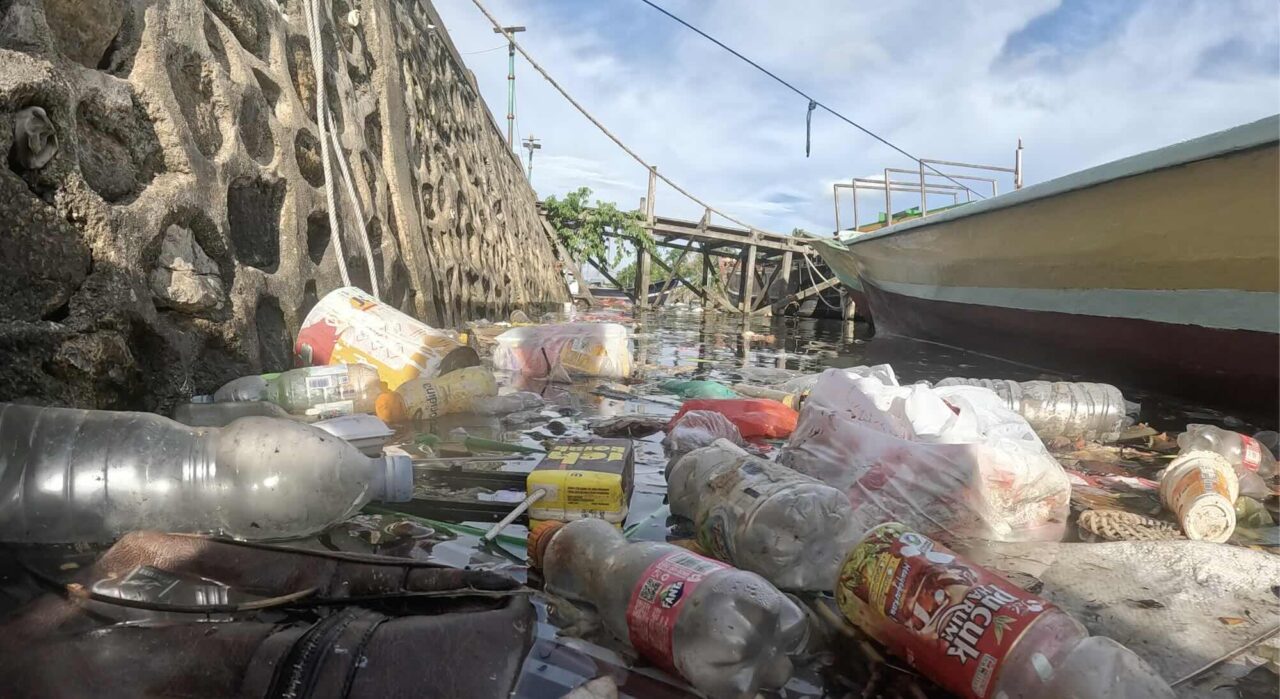
Over 15 million tonnes of plastic have leaked into the ocean since the Intergovernmental Negotiating Committee sessions began in 2022. The fourth session (INC-4) marked a crucial juncture in the development of a global plastics treaty. However, stakeholders leave disappointed as the negotiations conclude in Ottawa, Canada. The reduction of plastic production, a key provision, was omitted from the mandate of further technical discussions.